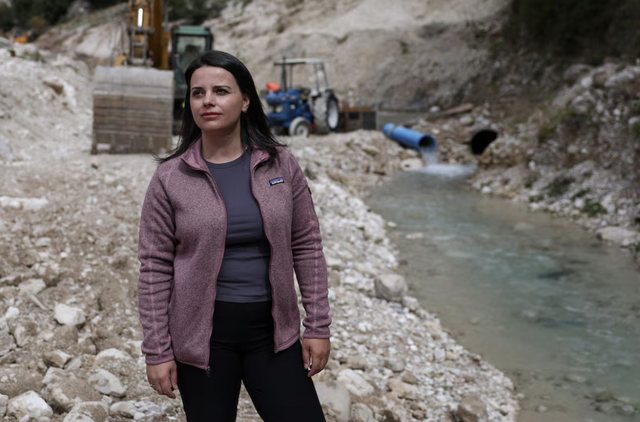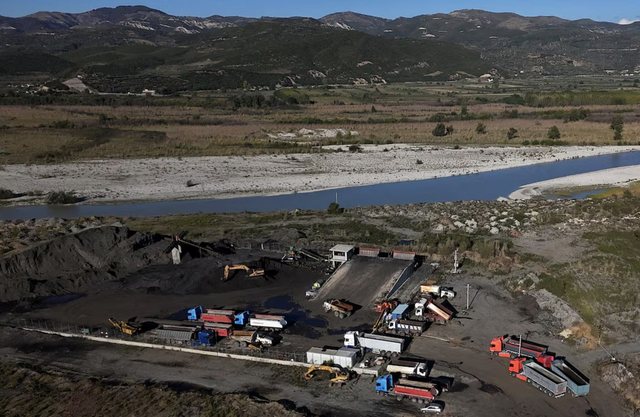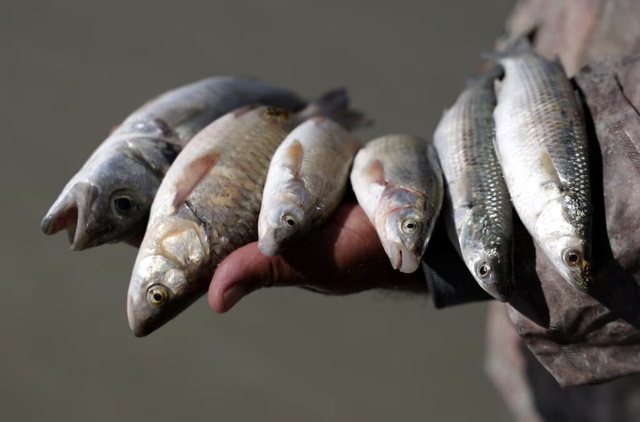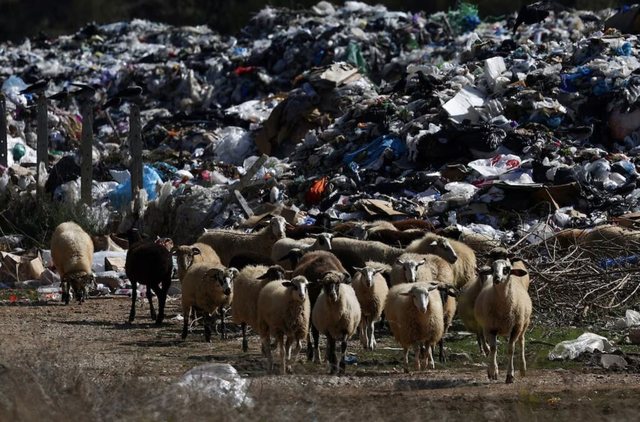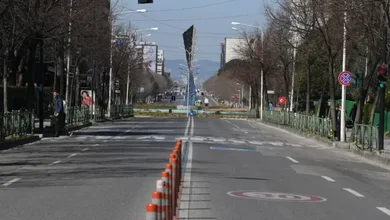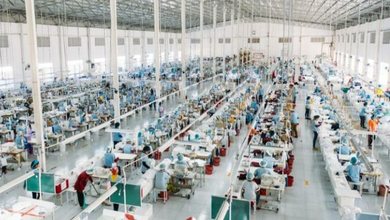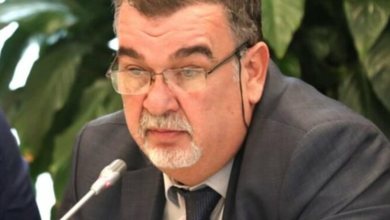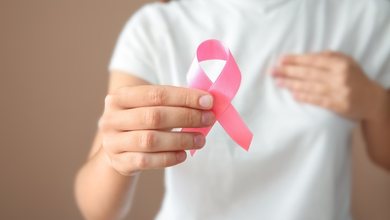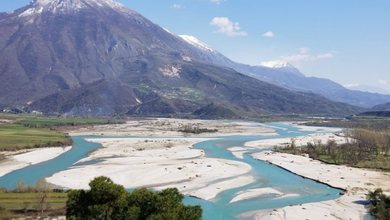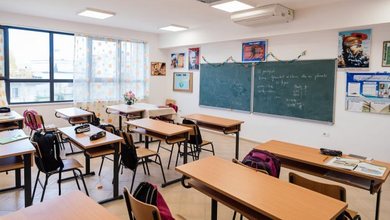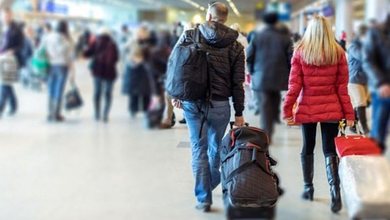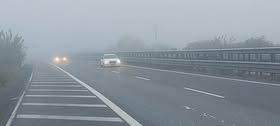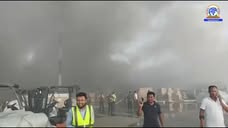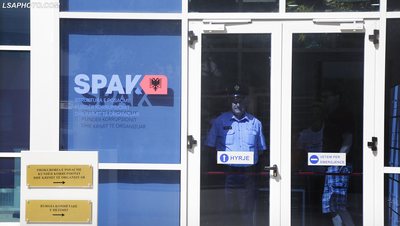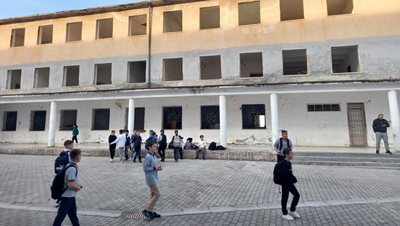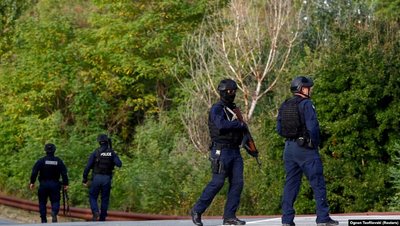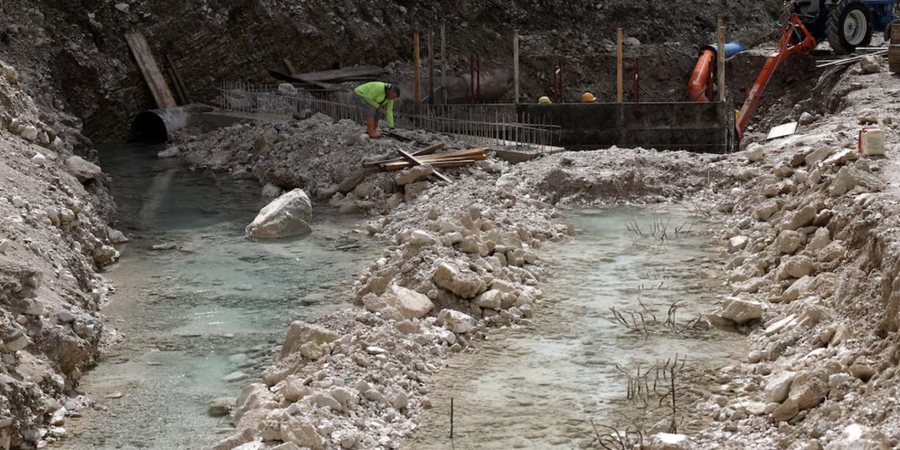
A strong wind blows plastic from an open landfill into the Vjosa River in Albania. A few hundred meters upstream, a large pipe discharges sewage into the fast-flowing water. Elsewhere, excavators remove gravel from the riverbed to make concrete, which experts say is changing the river's course and destabilizing its banks.
Last month, UNESCO labeled the Vjosa Valley in Albania as one of 26 newly designated Biosphere Reserves, part of an initiative to “protect some of the planet’s richest and most fragile ecosystems,” it said in a statement.
In many ways, the valley, which follows the river's course from northern Greece to the Adriatic coast of Albania, seems to meet the criteria for an environmentally rich area. It is home to otters, the endangered Egyptian vulture, and rare plant species.
The river, one of the last uninterrupted waterways in Europe, winds through tree-lined gorges and lush, empty valleys. In 2023, the government declared it a national park.
This designation is a big help for Albania, a Balkan country of 2.4 million people that has seen tourism on its coastline and mountains grow significantly in recent years, and which is seeking to join the European Union by the end of the decade.
But beneath the sweeping landscape, environmentalists are worried about the future.
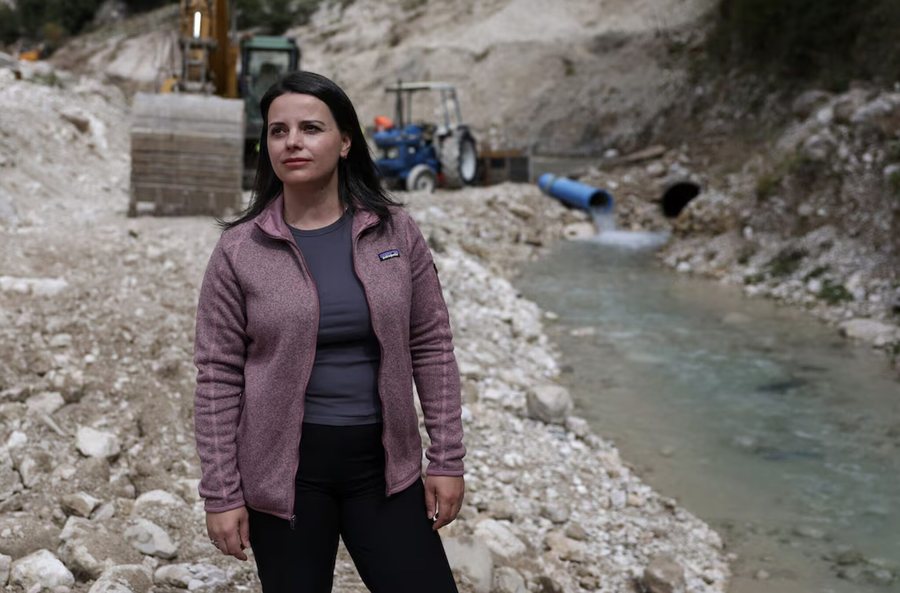
“International recognition documents like UNESCO do not solve problems,” said Besjana Guri from the environmental non-governmental organization Lumi, during one of her visits to the valley last week.
UNESCO did not respond to Reuters requests for comment. In previous reports, it said it would follow rigorous criteria before granting Vjosa biosphere reserve status.
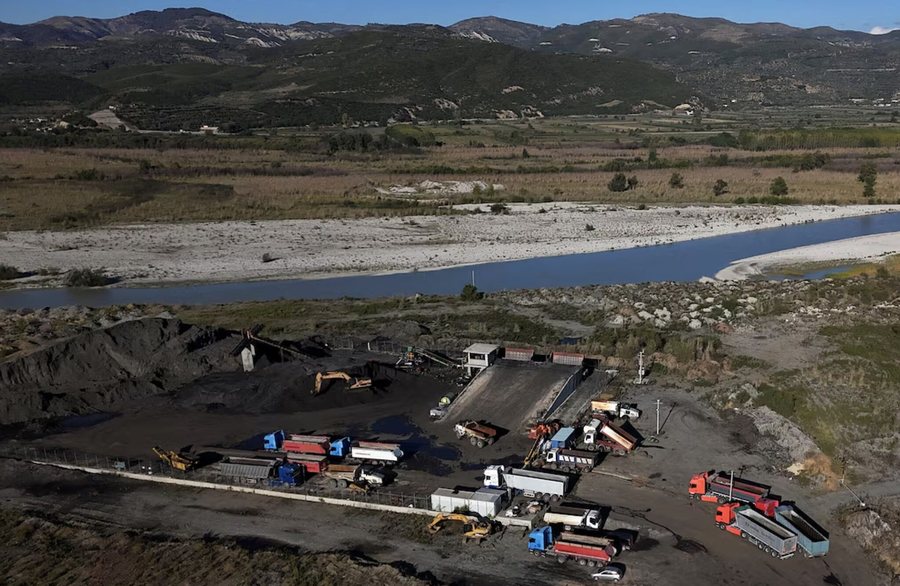
Albania's Environment Minister, Sofjan Jaupaj, who keeps a framed copy of the UNESCO designation in his office, acknowledged the problems in an interview with Reuters. He said his ministry plans to spend more than 150 million euros to treat wastewater and close all landfills.
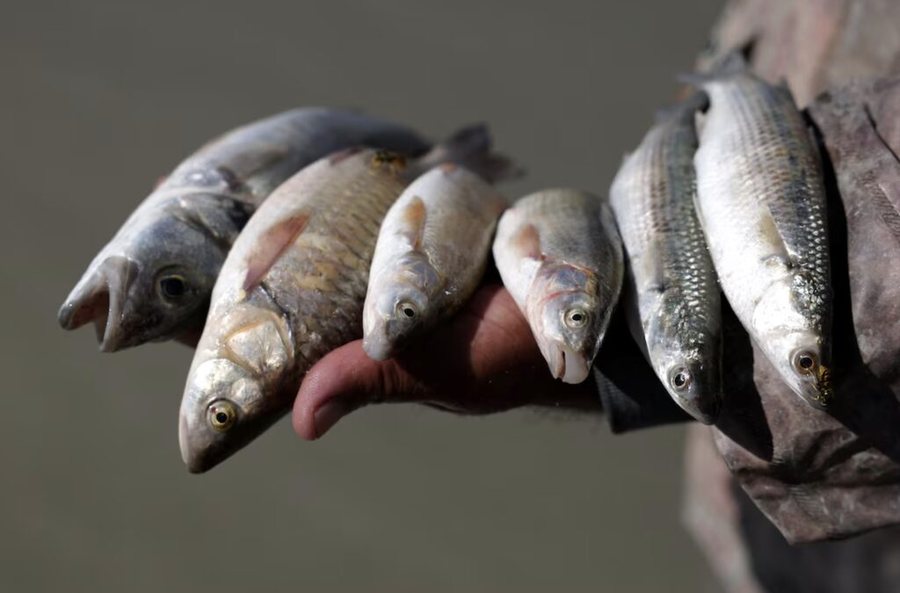
For many, the damage is already done. Oil wells and bitumen pits are located along the river, further risking pollution, they say.
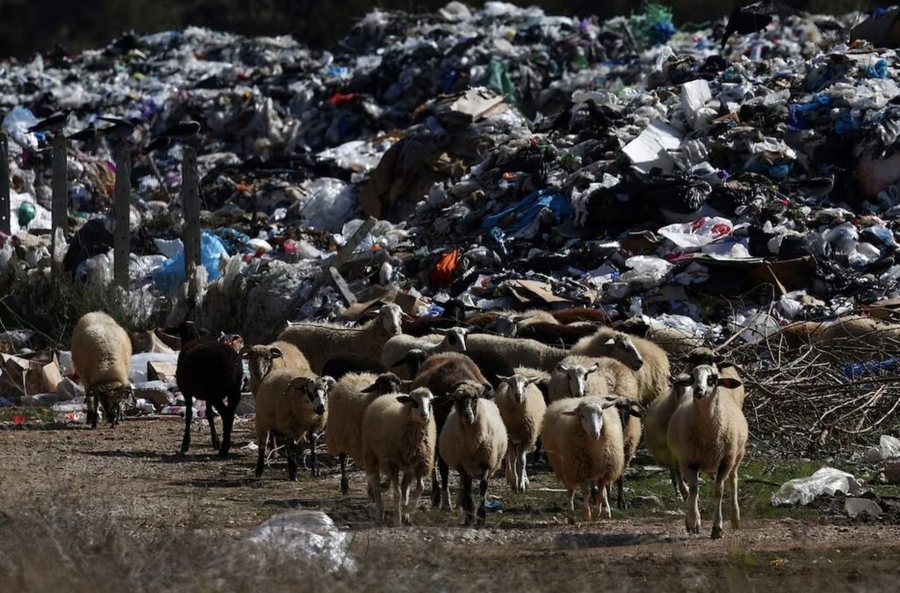
Agron Zia, 55, took his sheep and goats out to graze on the riverbank last week. He pointed toward the dump, where plastic is lifted by the wind and caught in the branches of nearby trees.
"When I was little, we used to swim here all summer. It hurts me when the kids can't go, because of the sewage and the garbage," he said./ Reuters


